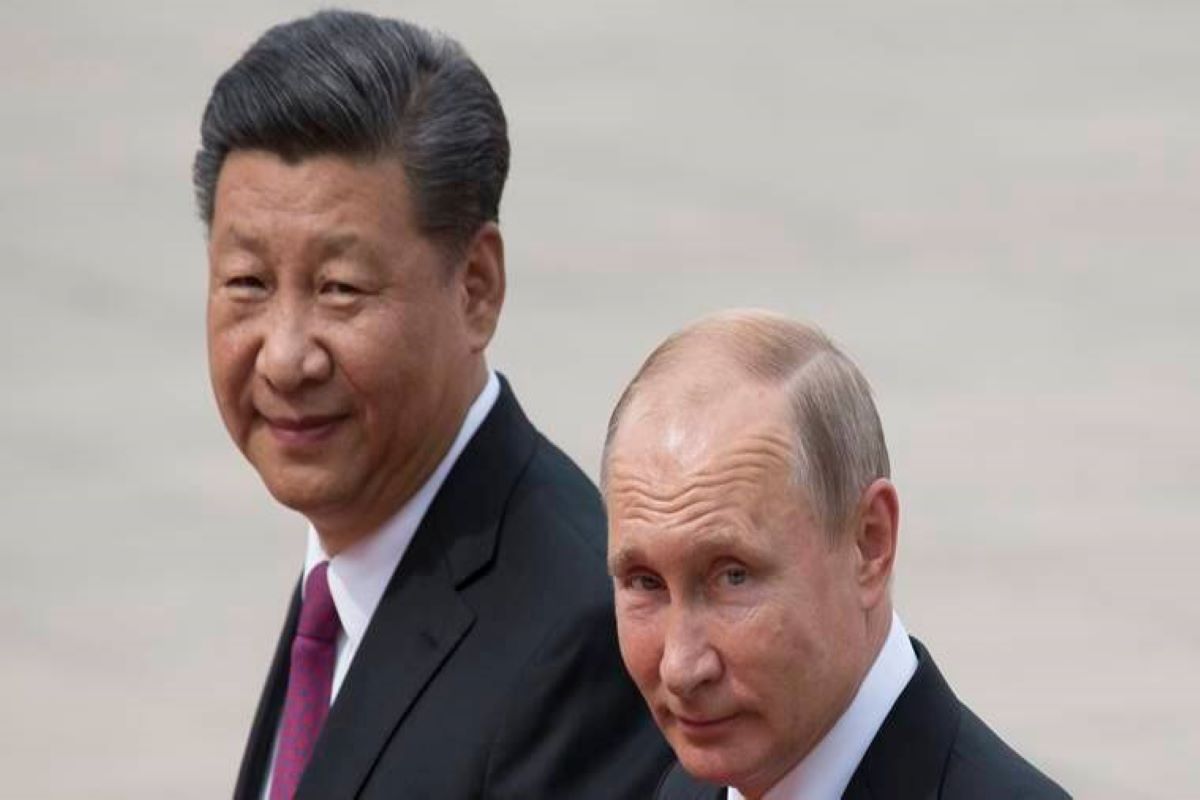Wednesday’s video summit between President Vladimir Putin and President Xi Jinping was more than an exercise in summitry. There were pleasantries, with Xi addressing Putin as “my old friend” and the Russian President referring to his Chinese counterpart as “my dear and esteemed friend”.
It is pretty obvious that it was a display of solidarity in the context of Western pressure over Ukraine and Taiwan, international storm-centres both. Going by the Kremlin readout, Mr Putin has promised to attend the opening ceremony of the Beijing Olympics in February. At another remove, the United States of America, Australia, Canada and New Zealand have decided to boycott the greatest extravaganza in sport. In the net, President Putin is the first foreign leader to confirm his attendance at the event to be held in China.
On a range of issues, the two leaders would appear to have agreed to agree. Mr Xi, for instance, expressed support for Mr Putin’s demand for “security guarantees” from the Western bloc in order to preserve what the Kremlin has called a “Russian sphere of influence” in East Europe. In the context of the Russian troop movement in the periphery of Ukraine, the West fears a Russian invasion of the former Soviet satellite before long.
Markedly, China ~ unlike the Kremlin ~ is yet to disclose its version of the summit which, according to the Kremlin, continued for an hour and a half. Mr Putin is said to have concurred with Mr Xi’s criticism of Western military activity in the Asia-Pacific region, exemplified by Australia’s deal to deploy nuclear-powered submarines with the support of America and Britain.
Incidentally, the two leaders were meeting for the 37th time since 2013, which makes the personal chemistry unmistakable. Mr Xi complimented the Russian President for having thwarted “attempts to drive a wedge between our countries”. He said the two countries were “defending the true meaning of democracy and human rights”, according to the Russian translation of his remarks at the start of the summit.
The remarks run counter to the presentation at the Summit for Democracy that President Biden had hosted last week. The meeting at the high table was widely viewed as an effort to build a united front against Russia and China. Adversaries during a certain phase in international relations, Moscow and Beijing have over time ~and under Xi and Putin ~ formed a suitably tight partnership in economic, military, and geopolitical matters.
On Wednesday, they agreed to put in place an independent financial infrastructure, according to the Kremlin aide, Yuri Ushakov. Mr Putin’s message to Mr Xi is, therefore, considerably significant ~ “A new model of cooperation has been formed between our countries ~ one based on foundations like non-interference in domestic affairs and respect for each others’ interests”.
And yet, there are red herrings across the trail. China has not recognized the annexation of Crimea. Nor for that matter does Russia support China on its expansionist claims in the South China Sea.












